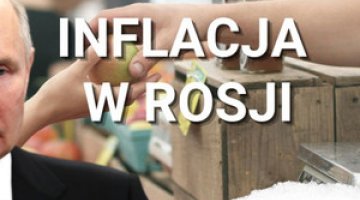Moscow bets on Lupu
On 23 September, the Russian government confirmed an improvement in the quality of Moldovan wines exported to Russia, and increased the number of Moldovan wine producers permitted onto the Russian market; it also opened a second customs point to receive Moldovan alcohol. These gestures signalled an end to the selective embargo on Moldovan wine which had been introduced this summer. This was announced not long after a visit to Moscow by Marian Lupu, the leader of the Democratic Party of Moldova (DPM), a party in that country’s ruling coalition; this gesture must be seen as an expression of Russian support for him ahead of November’s parliamentary elections there.
During his visit to Moscow on 15 and 16 September, Lupu signed an agreement on behalf of the DPM on inter-party cooperation with Vladimir Putin’s United Russia party. After returning from Moscow, Lupu stated that he had succeeded in getting an agreement from the Russian government to fully resume exports of Moldovan wine to Russia.
In July, Russian sanitary inspection suspended some imports of Moldovan wines, accusing them of being of low quality, although no proof of this was presented to the Moldovan government. In Chisinau, even the pro-Russian politicians are convinced that the Russian embargo had political undertones and was the Kremlin’s reaction to the ruling coalition’s pro-European course, and was intended to provoke a race for the Kremlin’s favours within the coalition.
It is significant that Russia resolved the embargo situation with Lupu, who does not hold any state function, and not with Prime Minister Vladimir Filat, the leader of the ruling coalition’s strongest party, even though Filat had sent many signals that he would have liked to meet Putin in connection with the embargo. In this manner, Moscow has unambiguously signalled its own favourite in the parliamentary elections which have been called for 28 November. <wrod>





